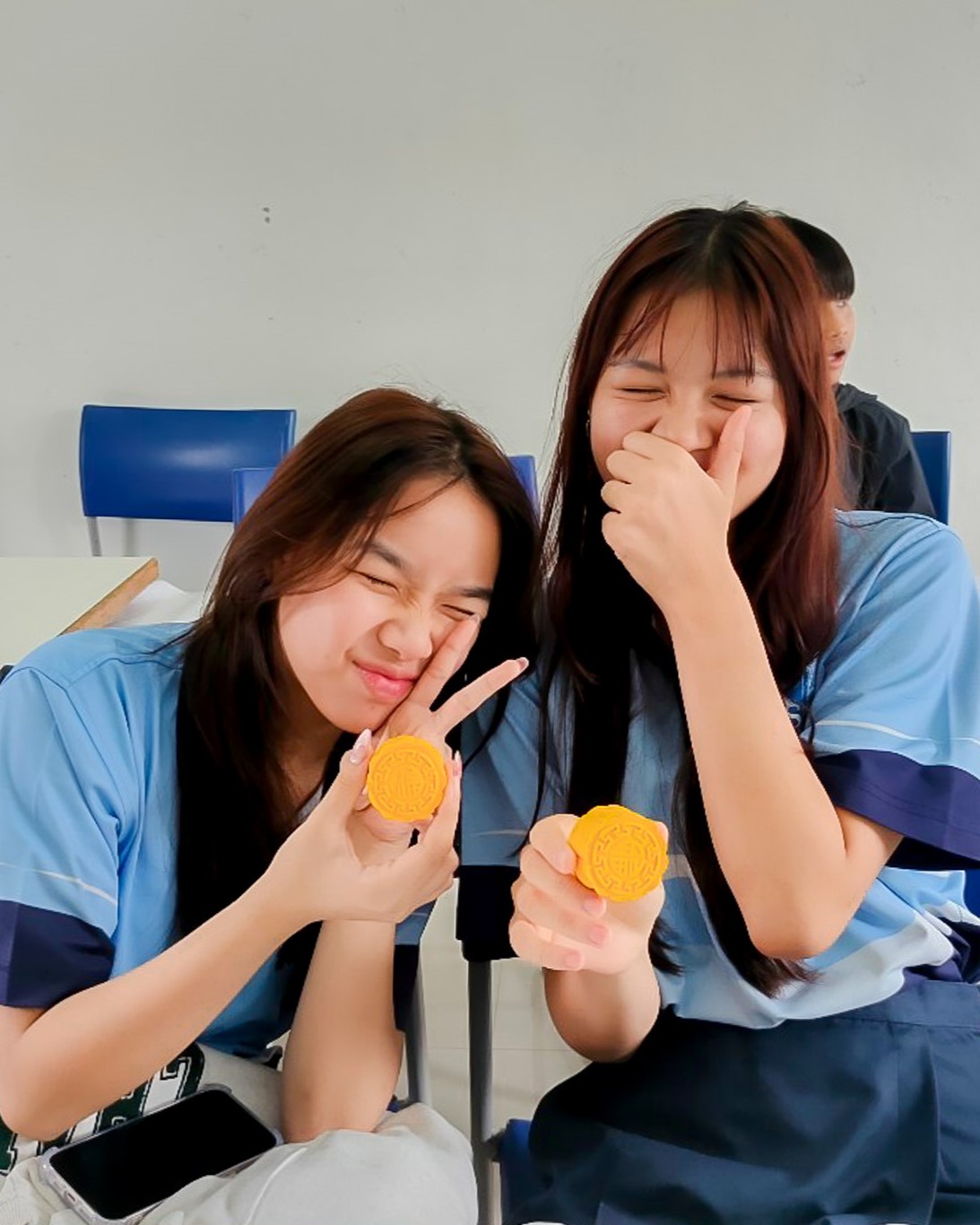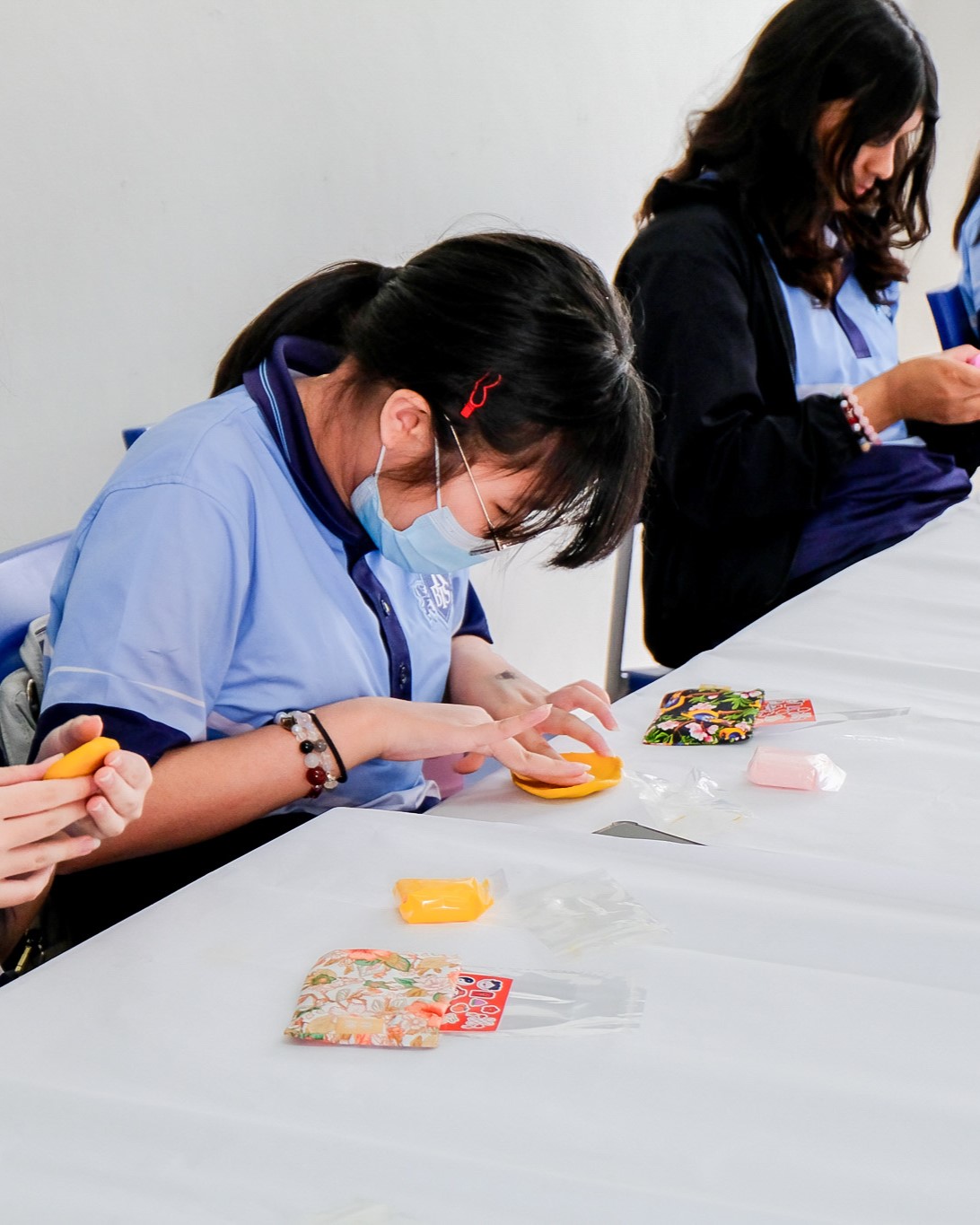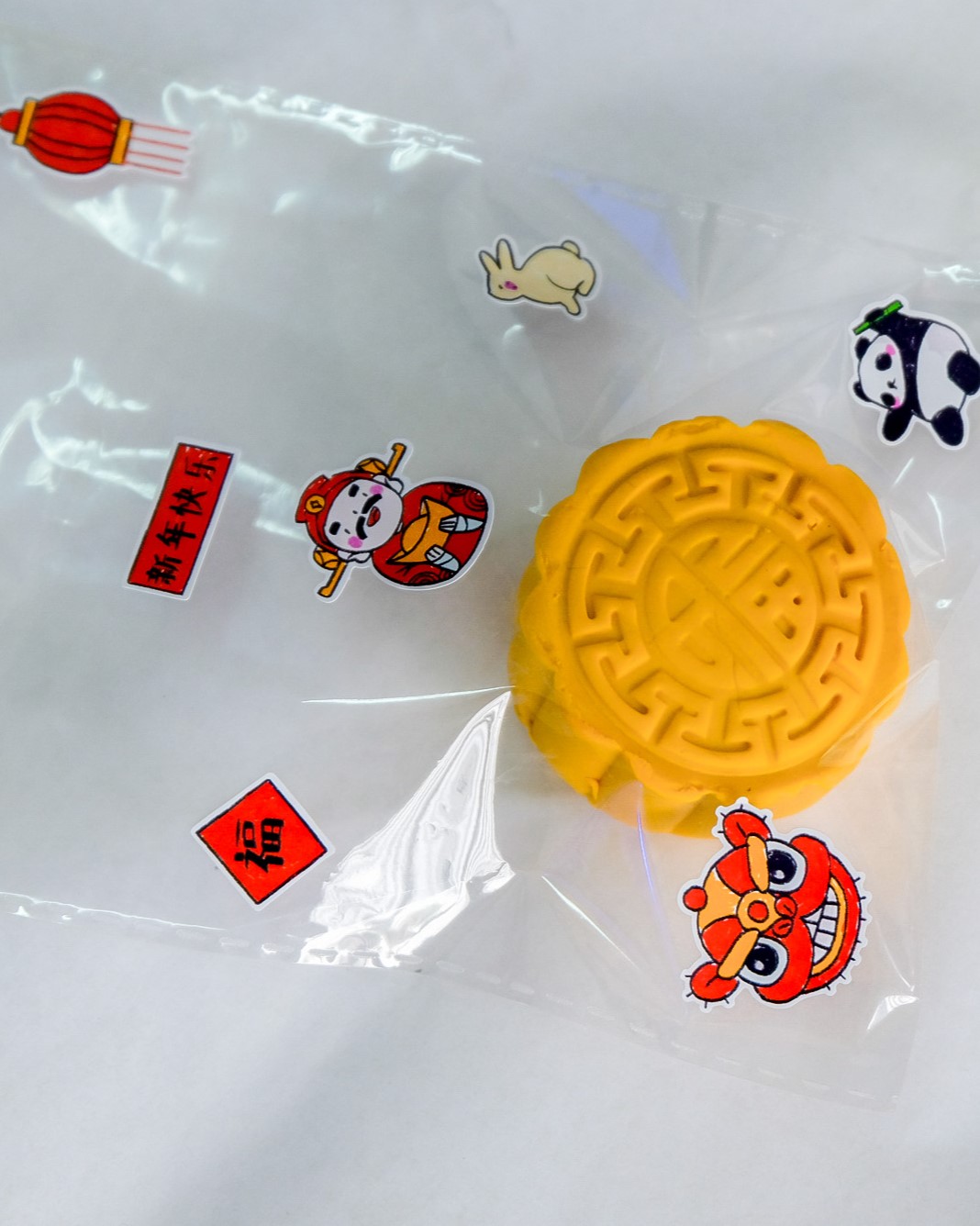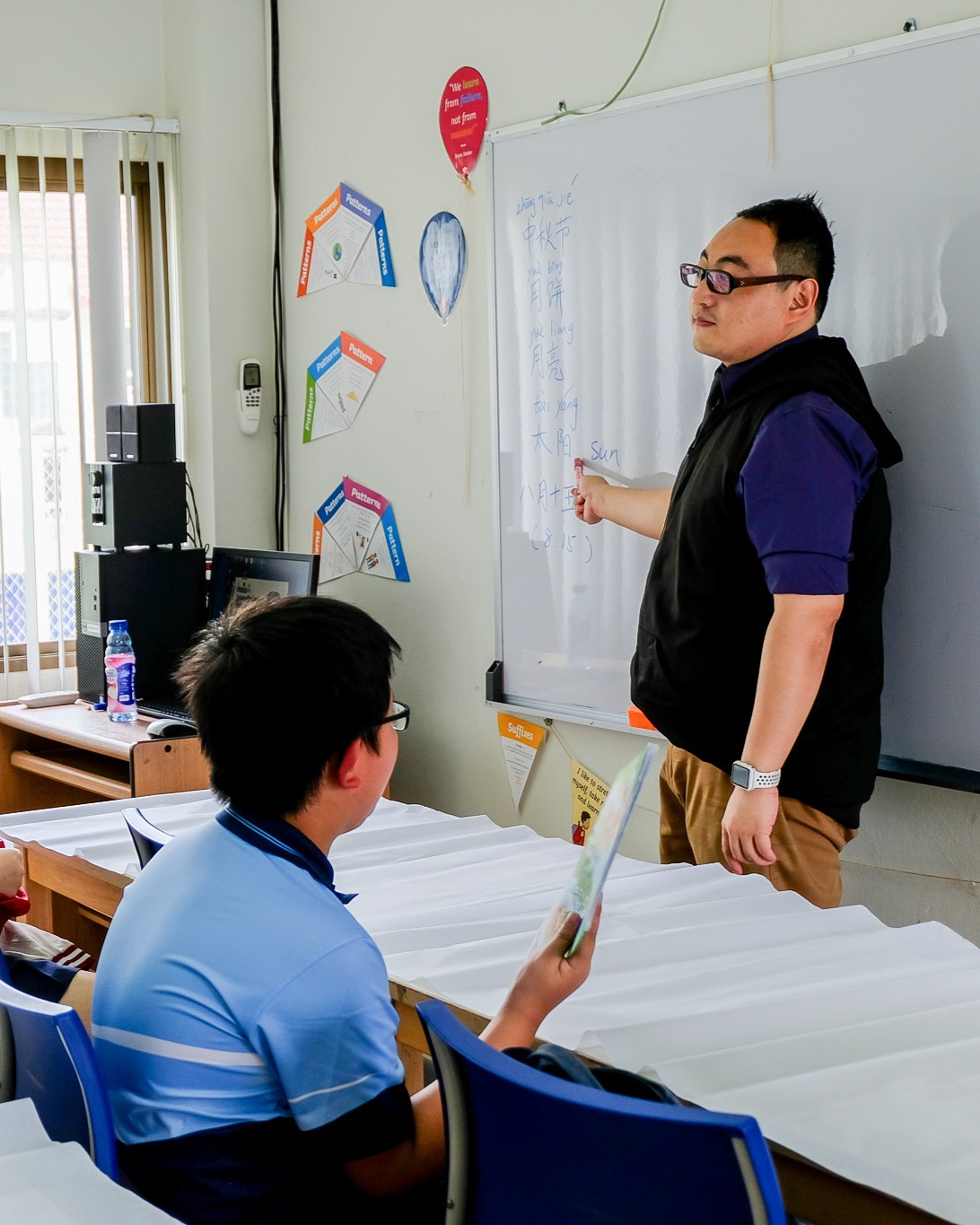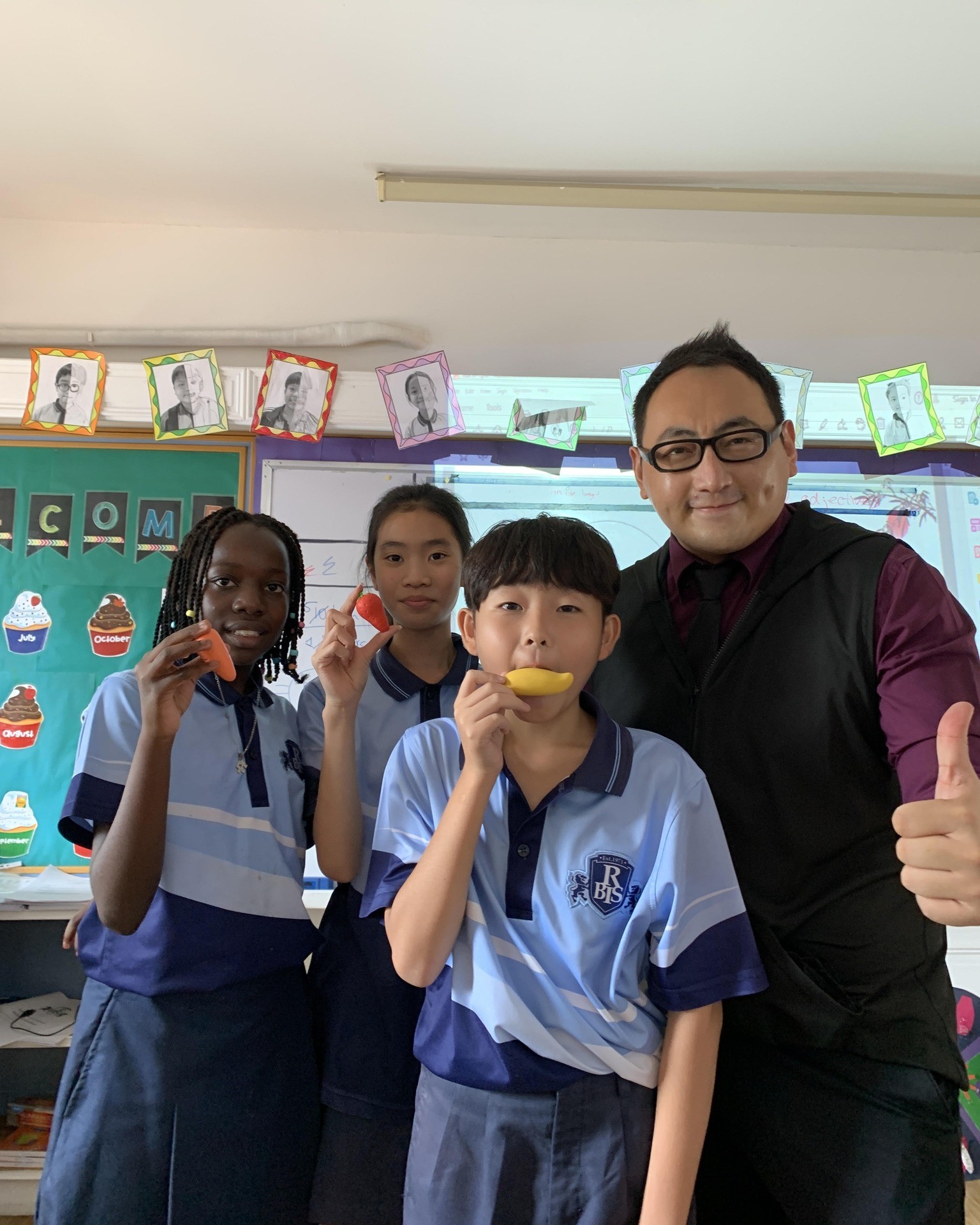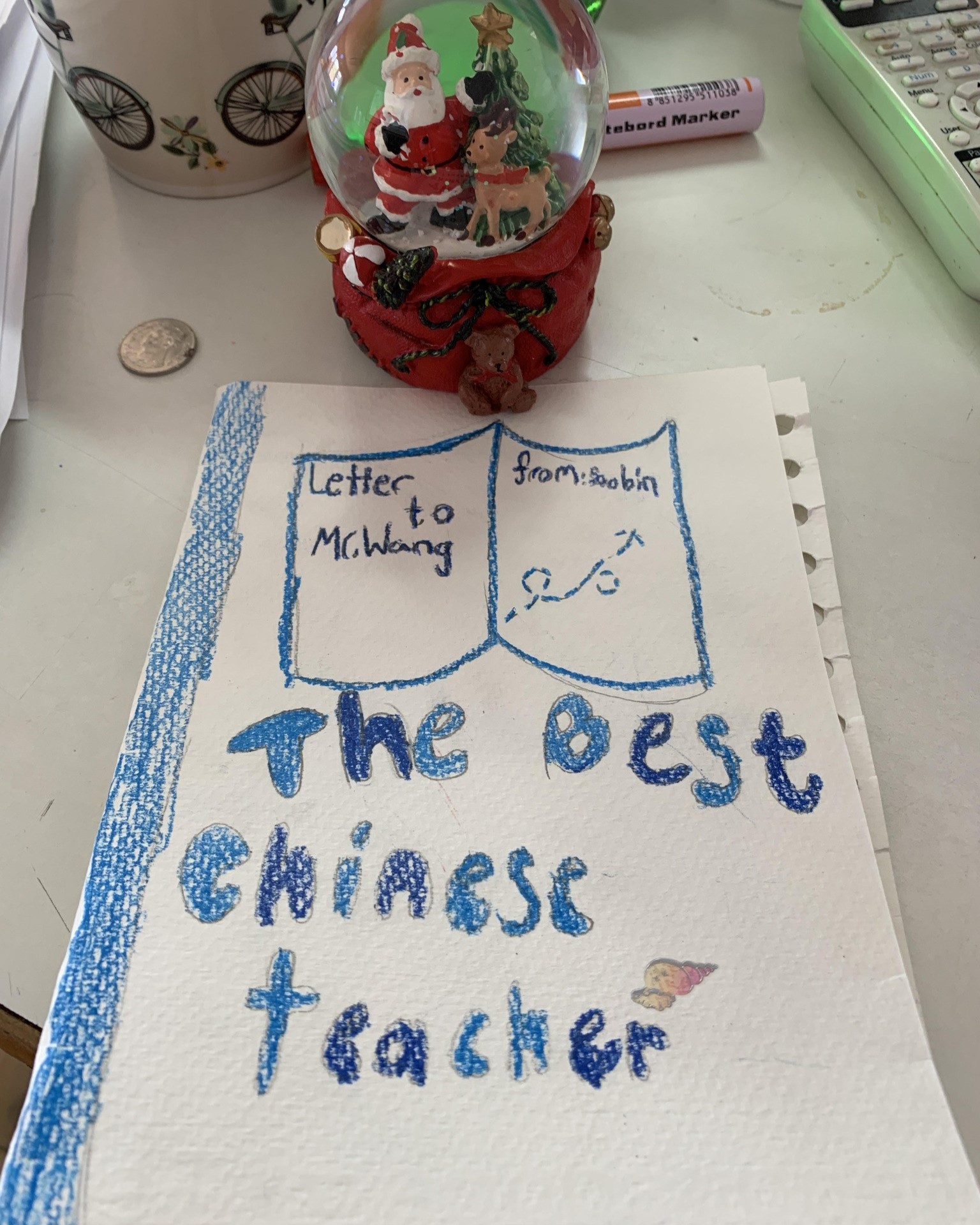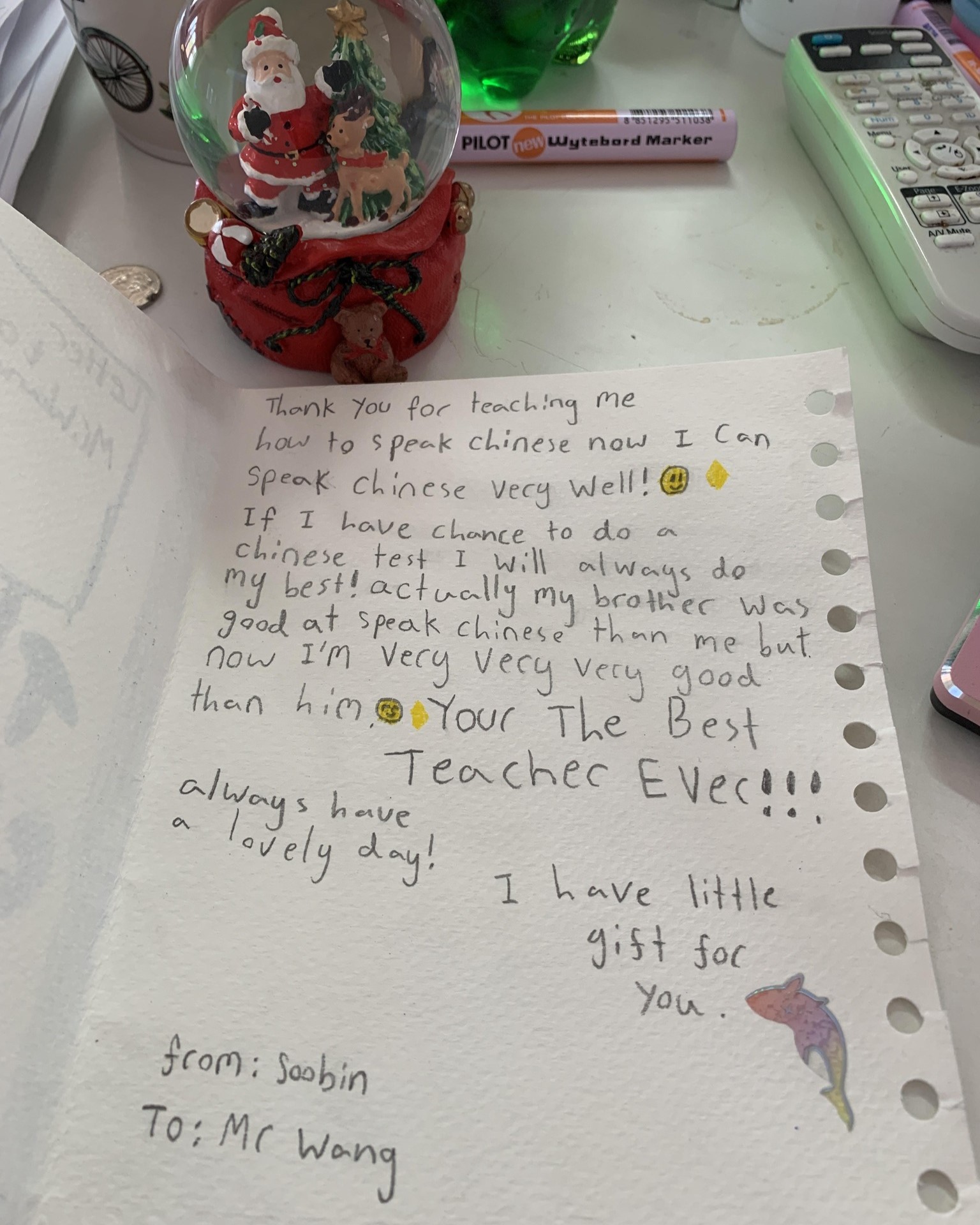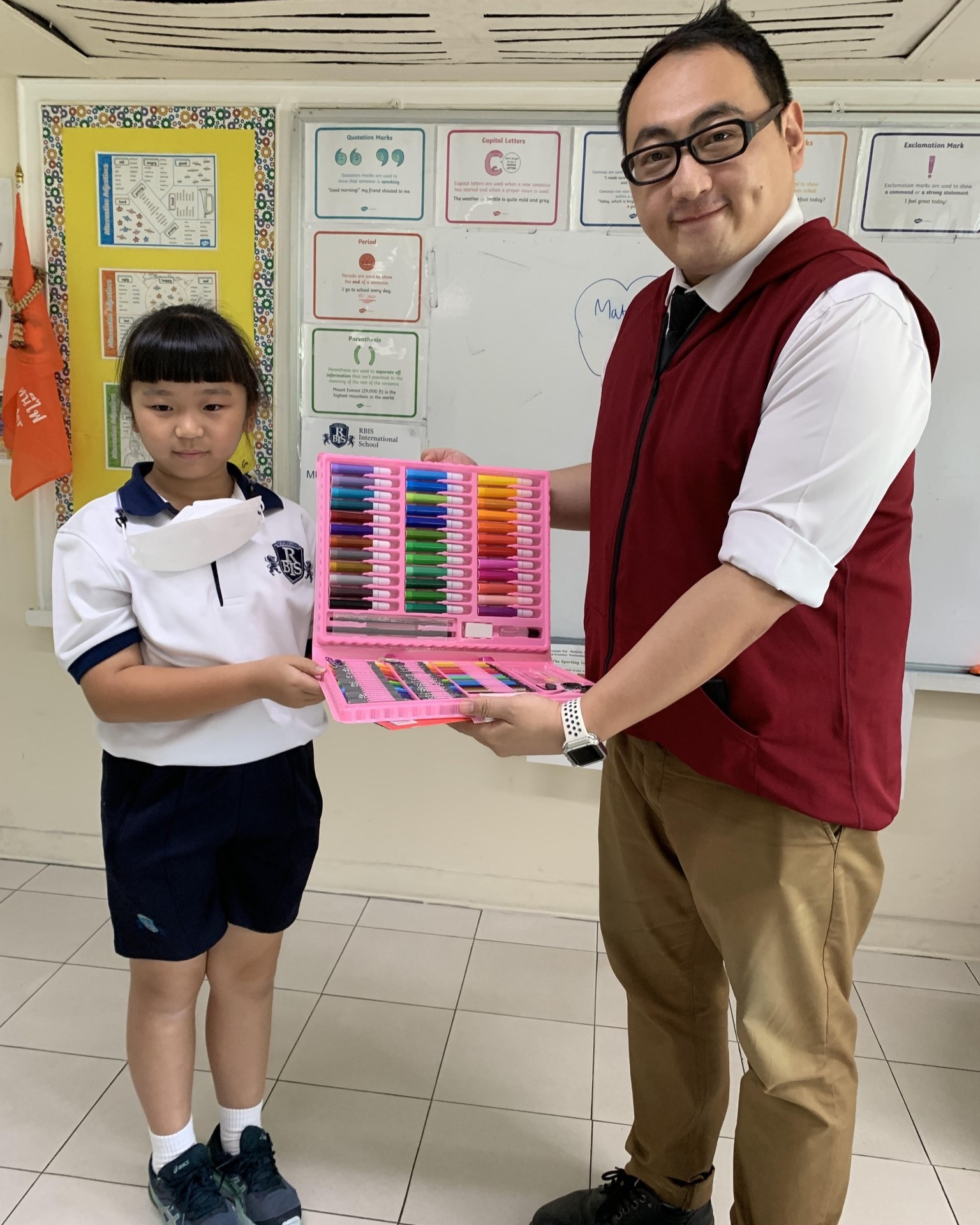Year1
Course Description
Students will learn vocabulary used for greetings, body parts, comparison, nature, and family. which highly focuses on Chinese pronunciation(pinyin) and using Chinese interaction in class.
Year2
Course Description
Students will learn about family members and things in classrooms and school. They will also learn about Chinese short stories and be able to describe the incidents from their own experience in an audible voice.
Year3
Course Description
Students will learn about nature, family members, things in classrooms and school, and numerals (1-100),
short stories, and how to describe incidents from their own experience in an audible voice in Chinese.
Year 4
Course Description
Students will learn how to introduce themselves in Chinese and acquire vocabulary related to fruits, animals, stationery items, verbs, sentences, and dialogues, which align with some of the requirements of Youth Chinese Test level 1.
Year5
Course Description
Students will learn how to use Chinese verbs to construct sentences, grasp fundamental Chinese grammar, engage in dialogues, and become proficient in basic Chinese sentence structures, equivalent to the level of YCT level 1.
Year6
Course Description
Students will delve into various aspects of daily life activities, Additionally, students will explore Chinese cultures and history to gain a deeper understanding of the Chinese background and learn how to use the language with cultural appropriateness. Basic Chinese is essential for basic communication, equivalent to the vocabulary level of YCT level 1.
Year7
Course Description
Students will immerse themselves in various facets of everyday life, Furthermore, students will embark on a journey into Chinese culture and history to foster a richer comprehension of the Chinese context, enabling them to employ the language in culturally appropriate ways, which align with some of the requirements the Chinese
Proficiency Test (HSK) level 1.
Year8
Course Description
Students will delve into various aspects of the Chinese language, encompassing grammar, the description of physical appearance, diary writing, adjectives, directional and positional phrases, verbs, and adverbs. Students will develop the ability to craft short narratives and engage in conversations to depict their daily lives, maintain diaries, and provide descriptions of people and objects using simple adjectives and adverbs. concentrate on expanding their vocabulary and mastering key sentence structures, equivalent to HSK levels 1-2.
Year 9
Course Description
Students will delve into Chinese grammar, enabling them to articulate their ailments, describe their abilities, and introduce their favorite places. The course also encompasses Mandarin IGCSE preparation.
YCT (Youth Chinese Test) is Chinese language proficiency test for elementary level students who study Chinese as a foreign language, the test aims to assess young foreign students' abilities to use Chinese in their daily and academic lives. The YCT writing test is divided into four levels, namely, the YCT (level I), YCT (level II), YCT (level Ill), and
YCT (level IV).
- Test takers who are able to pass the YCT (Level I) can understand and use some of the most common Chinese phrases, sentences and possess the ability to further their Chinese language
- Test takers who are able to pass the YCT (Level II) can understand and use some simple Chinese phrases , sentences and cope with basic level
- Test takers who are able to pass the YCT (Level III), having reached an excellent level in basic Chinese, can communicate on familiar daily topics in a simple
- Test takers who are able to pass the YCT (Level IV) can communicate in Chinese at a basic level in their daily, academic and professional lives. When travelling in China, they can manage most forms of communication in
HSK (Hanyu Shuiping Kaoshi, Chinese Proficiency Test) is an international standardized exam that tests and rates Chinese language proficiency. It assesses non-native Chinese speakers' abilities in using the Chinese language in their daily, academic and professional lives. There are six levels of HSK writing tests.
- Test takers who are able to pass the HSK (Level I) know around 150 vocabularies, they can understand and use very simple Chinese phrases, meet basic needs for communication and possess the ability to further their Chinese language
- Test takers who are able to pass the HSK (Level II) know around 300 vocabularies, they have an excellent grasp of basic Chinese and can communicate in simple and routine tasks requiring a simple and direct exchange of information on familiar and routine
- Test takers who are able to pass the HSK (Level III) know around 600 vocabularies, they can communicate in Chinese at a basic level in their daily, academic and professional lives. They can manage more communication in Chinese when travelling in
Moreover, to increase the student’s interest in Chinese culture and the Chinese language, we held the activity in classrooms.
Activity in Class in 2023
With the Mid-autumn festival approaching, we organized events to enhance students' understanding of China's rich background, history, and culture. Specifically designed for students in grades 7 to 9, we conducted a Mooncake-making workshop. Mooncakes, being the focal point of this celebration, carry a symbolic representation of unity and togetherness, much like the full moon that graces the night sky.
In daily Chinese learning, every time students complete homework, exercises, and tests, they will get a stamp. Until the end of the year, whoever gets the most stamps in the class will be the "Chinese Star". Mr. Wang will award prizes to the "Chinese Star". In addition, when the end of the school year is approaching, students also send cards and small gifts to the teacher to express their love for the teacher.

